17 Groovy Slang Words From the ’60s Boomers Still Use
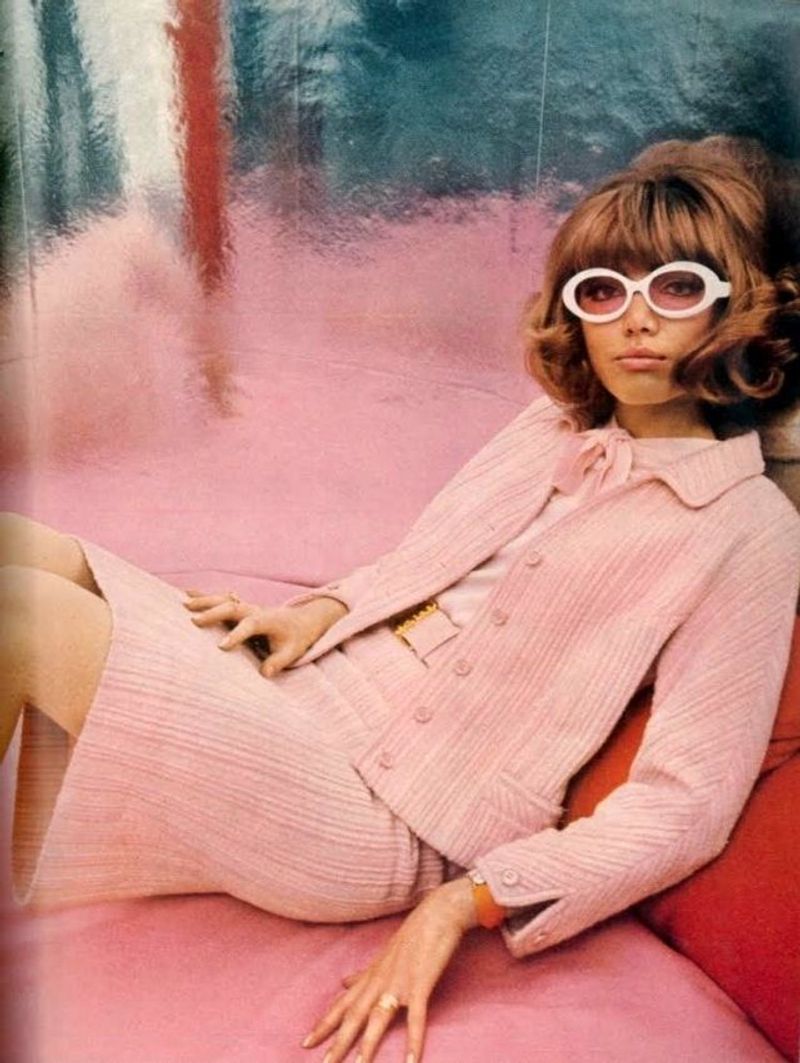
Remember when everything was ‘groovy’ and the coolest cats were ‘hip’? Baby boomers who lived through the swinging ’60s brought us more than just great music and social change – they created a colorful vocabulary that has surprising staying power. Many of these far-out expressions have stood the test of time, sneaking into our modern language in ways we might not even realize. Take a trip back to the Age of Aquarius with these classic ’60s slang terms that boomers just can’t seem to let go of.
1. Groovy
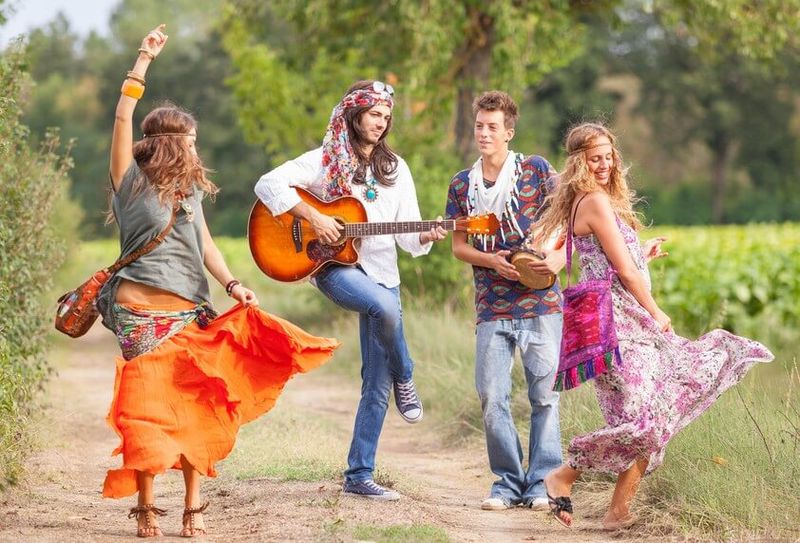
Originally borrowed from jazz musicians who talked about music being ‘in the groove,’ this iconic ’60s term expressed approval or described something excellent. When hippies adopted it, the word became the unofficial slogan of the flower power generation.
Today, boomers might still describe a good restaurant or fun party as ‘groovy.’ The term experienced a brief revival in the 1990s Austin Powers films, but for many older folks, it never went out of style. The word carries a certain nostalgic weight that newer terms like ‘cool’ or ‘awesome’ just can’t match for those who lived through the Summer of Love.
2. Far Out

When something was truly mind-blowing or extraordinary in the ’60s, it was ‘far out.’ The expression captured the expanding consciousness of the era, suggesting something was so amazing it existed beyond normal reality. Astronomy buffs might use it literally, but boomers drop this phrase when they’re genuinely impressed.
You’ll hear it after tasting an incredible meal or witnessing something unexpectedly wonderful. Unlike some dated slang, ‘far out’ maintains a certain timeless quality. The phrase perfectly encapsulates the cosmic thinking and boundary-pushing ethos that defined the decade.
3. Outta Sight

When something was so amazing it transcended visual comprehension, it was ‘outta sight.’ This expression of extreme approval suggested something was beyond what the eyes could even process – the highest form of praise in the visual language of the psychedelic era.
Boomers might still exclaim this when their grandkids do something impressive or when they hear a classic rock song that brings back memories. The phrase carries more enthusiasm than modern equivalents like ‘amazing.’ The term’s staying power comes from its emphatic nature – when something is truly ‘outta sight,’ no other description quite captures the same level of excitement.
4. Hip
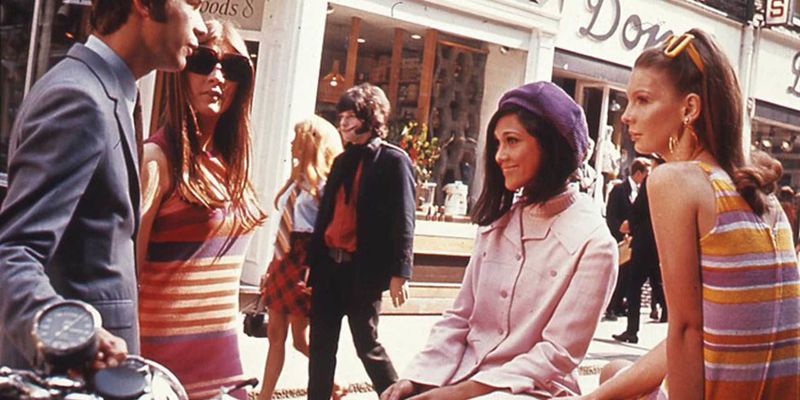
Being ‘hip’ meant you were in-the-know, fashionable, and culturally aware. The term predates the ’60s but reached peak usage during this era of rapid cultural change when staying ‘hip’ required constant adaptation. Today’s boomers might still describe someone as ‘hip’ when they demonstrate awareness of current trends or technology.
The word carries a certain cache that newer terms like ‘cool’ don’t fully capture. Interestingly, the term evolved into ‘hipster’ for later generations, though with somewhat different connotations. For boomers, being hip wasn’t ironic – it was a genuine aspiration to remain relevant and aware.
5. Cool
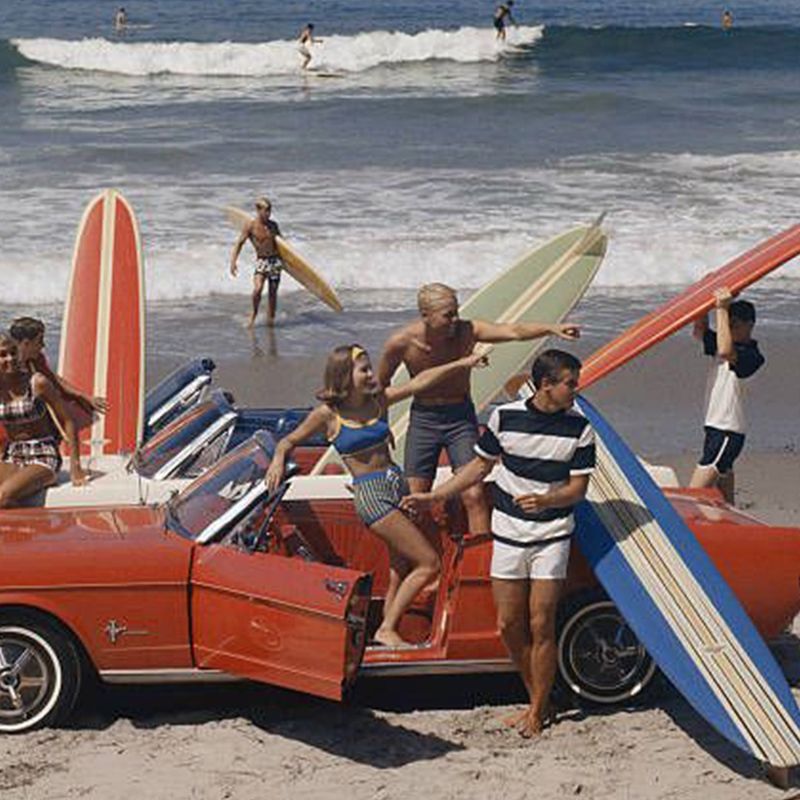
‘Cool’ stands as perhaps the most enduring slang term from the era, having maintained its meaning and popularity across generations. In the ’60s, it described someone or something with an effortless, unflappable quality that commanded respect. Unlike many other slang terms, ‘cool’ never sounds particularly dated coming from a boomer.
The versatility of this simple word explains its staying power – it works equally well describing a person, an idea, or a situation. Jazz musicians originally popularized the term in the 1940s, but the ’60s cemented ‘cool’ as an essential part of American vocabulary that continues to feel, well, cool.
6. Boss

‘Boss’ took on new meaning in the ’60s, transforming from a workplace title to a term of admiration. Something ‘boss’ was excellent, impressive, or top-tier – the highest compliment for style or performance. Baby boomers might still describe a particularly impressive car as ‘boss’ or use it when their favorite classic rock band nails a guitar solo.
Regional variations existed, with the term particularly popular in California surf culture. While younger generations might use ‘sick’ or ‘fire,’ boomers stick with ‘boss’ when something truly impresses them. The term carries a certain authority that newer slang can’t quite replicate.
7. Happenin’
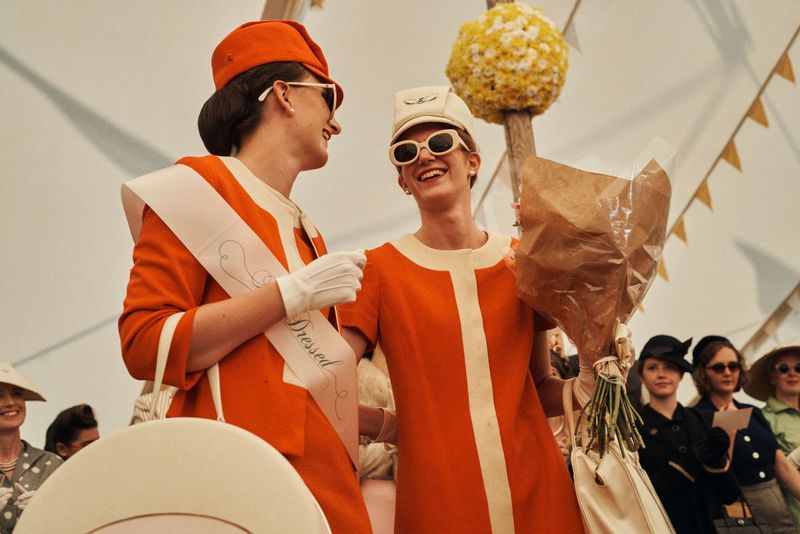
When a place was exciting or an event was particularly lively, it was ‘happenin’.’ The dropped ‘g’ was essential to the casual, in-the-moment vibe the word conveyed. This term captured the spontaneous energy of ’60s gatherings and cultural hotspots. Boomers might still describe a busy restaurant or energetic party as ‘happenin’.’
The word carries a sense of being at the center of activity – where the action is. Unlike more specific terms that described approval, ‘happenin” specifically referred to the energy and vibe of a location or event. It conveyed that something wasn’t just good – it was alive with excitement.
8. Dig It
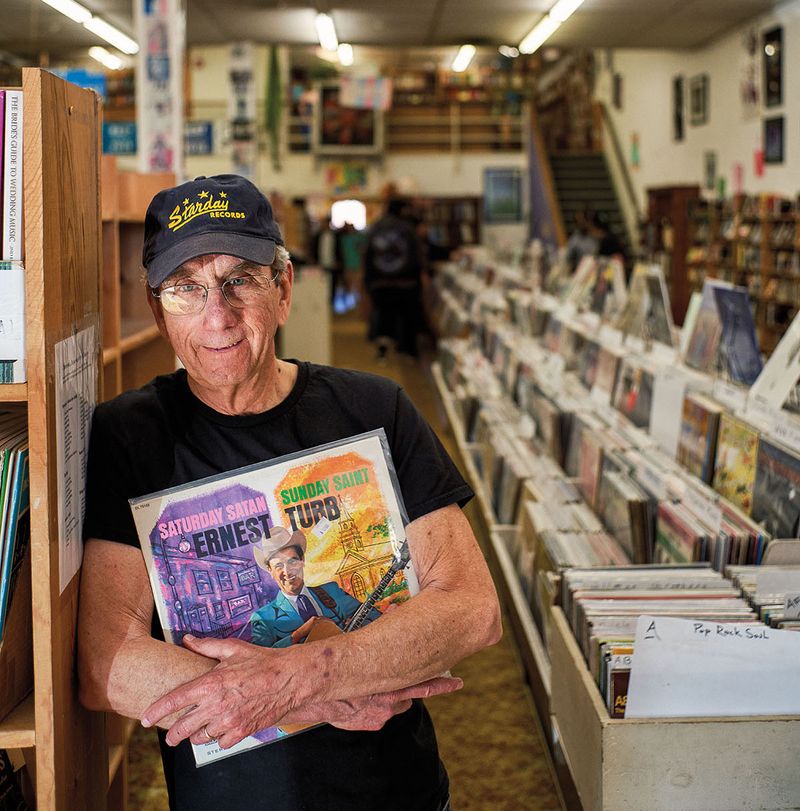
‘Dig it’ served as the universal ’60s phrase for understanding or appreciating something. More than just getting the facts, to ‘dig’ something meant you connected with it on a deeper level – you felt its essence. Today’s boomers might still say ‘dig it’ when they particularly appreciate music, art, or someone’s perspective.
The phrase implies active engagement rather than passive acknowledgment. Derived from jazz culture, the term suggests excavating beneath the surface to find deeper meaning. While younger folks might say they ‘get it’ or ‘vibe with’ something, boomers know that truly appreciating something means you ‘dig it.’
9. That’s a Gas
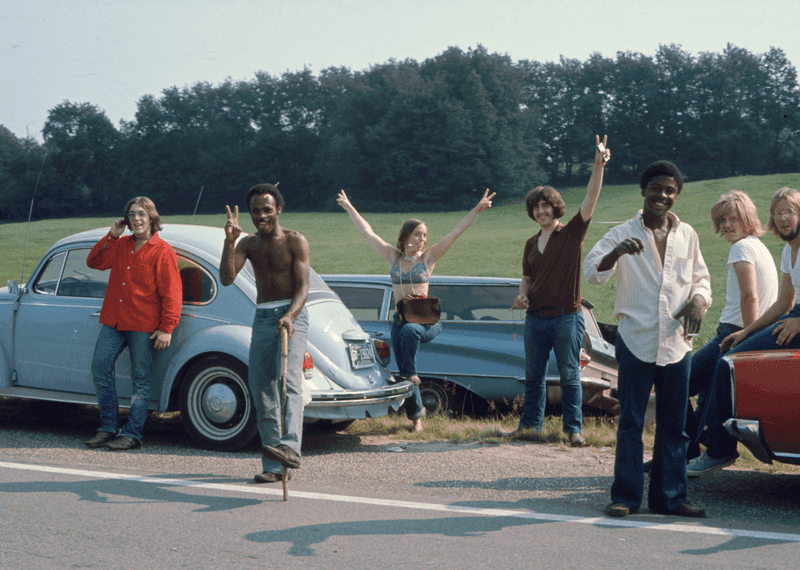
When something was particularly funny or entertaining in the ’60s, it was ‘a gas.’ This peculiar expression captured the lighthearted, bubbly feeling of something that brought joy or laughter – like the effervescence of carbonated bubbles.
Boomers might still chuckle and declare something ‘a gas’ when they find it especially amusing. The term has a certain charm that ‘hilarious’ or ‘funny’ lack. The Beatles helped popularize this expression with their song ‘I’m Happy Just to Dance With You,’ which includes the line ‘it’s such a gas.’ For many boomers, the phrase remains a perfect descriptor for life’s most delightful moments.
10. Split
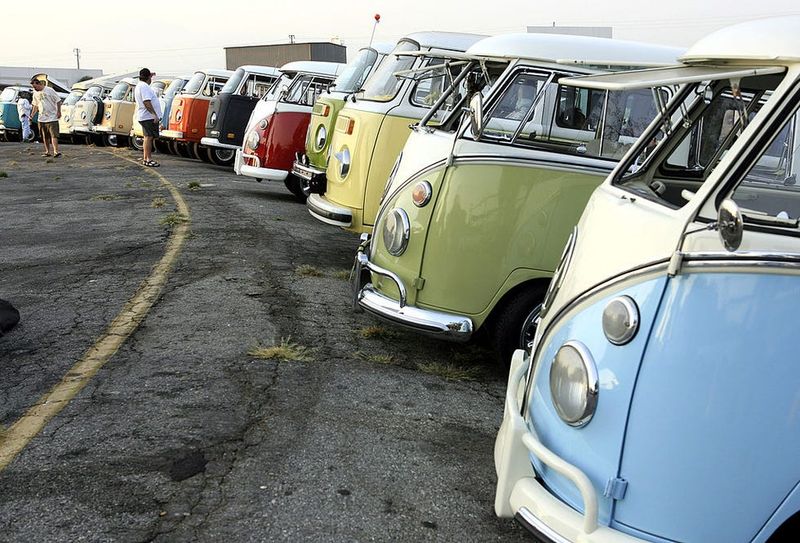
‘Split’ meant to leave quickly – often to avoid trouble or simply move on to the next scene. ‘Let’s split’ became the universal signal that it was time to go, capturing the spontaneous, mobile nature of ’60s youth culture. Many boomers still announce they’re about to ‘split’ when leaving a gathering. The word carries a sense of casual immediacy that ‘leaving’ doesn’t convey.
The term reflected the era’s emphasis on freedom and mobility – the ability to pick up and go at a moment’s notice. While younger generations might say they’re ‘heading out’ or ‘bouncing,’ boomers know that when it’s time to go, you simply ‘split.’
11. Pad

Long before apartments became ‘cribs,’ they were ‘pads.’ This casual term for one’s home or apartment suggested a laid-back, comfortable space rather than just a residence. The word evoked the softness of a cushion – a place to land and relax. Many boomers still refer to their homes as their ‘pad,’ especially when inviting friends over casually.
The term strips away pretension, suggesting a place focused on comfort rather than appearance. The expression reflected the ’60s rejection of formal living in favor of more communal, relaxed spaces. A ‘pad’ wasn’t just where you lived – it was where you expressed yourself and welcomed others.
12. Flower Power

‘Flower power’ encapsulated the entire peaceful resistance movement of the ’60s counterculture. More than just a fashion statement with floral imagery, it represented an ideology of non-violence and harmony with nature that defined the hippie movement.
Boomers might still reference ‘flower power’ when discussing peaceful protests or environmental concerns. The term immediately evokes not just a time period but an entire worldview and approach to social change. While many slang terms from the era were just vocabulary, ‘flower power’ was a political statement and lifestyle choice. For many boomers, it represents not just words they used, but values they continue to hold.
13. Sock It to Me
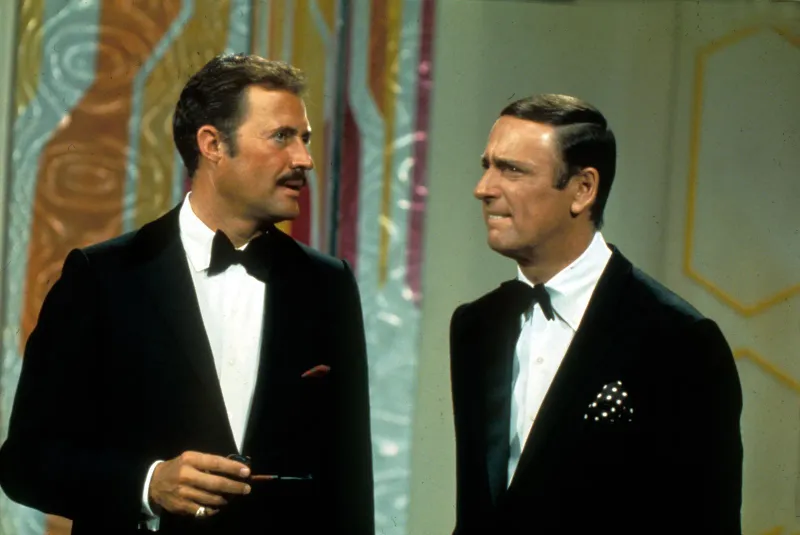
‘Sock it to me’ began as a request for straight talk or the unvarnished truth, but evolved into a catchphrase with multiple meanings. Popularized by the comedy show ‘Rowan & Martin’s Laugh-In,’ it became one of the era’s most recognizable expressions. Even Richard Nixon awkwardly delivered the line during a campaign appearance on the show.
The phrase typically preceded something surprising or impactful – a verbal drum roll announcing something significant. Boomers might still playfully say ‘sock it to me’ when asking for news or information. The phrase captures the era’s blend of playfulness and directness that many boomers still appreciate in communication.
14. Bag

‘That’s not my bag’ meant something wasn’t your interest, preference, or area of expertise. Conversely, describing something as ‘your bag’ meant it aligned perfectly with your tastes or talents. The expression reflected the era’s emphasis on finding your authentic path.
Boomers might still describe their hobbies or interests as their ‘bag.’ The term suggests something more personal than just an activity – it’s part of your identity. The phrase encouraged specialization in what truly spoke to you rather than conformity. In an era that valued authentic self-expression, knowing your ‘bag’ meant understanding your unique contribution to the world.
15. Freak Flag
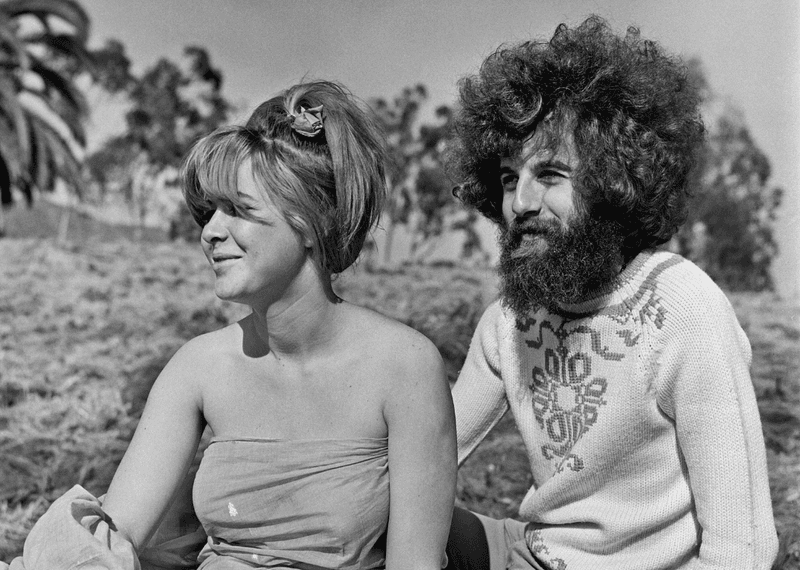
‘Let your freak flag fly’ encouraged embracing your uniqueness without apology. This colorful expression celebrated individuality and rejected conformity during an era when standing out was becoming a virtue rather than a liability. Many boomers still proudly reference their ‘freak flag’ when discussing their quirks or unconventional choices.
The phrase captures the liberating feeling of self-acceptance that defined much of ’60s counterculture. Jimi Hendrix referenced the expression in ‘If 6 Was 9,’ cementing its place in counterculture history. For boomers who lived through an era of expanding personal freedom, the ‘freak flag’ remains a symbol of authentic self-expression.
16. Zit
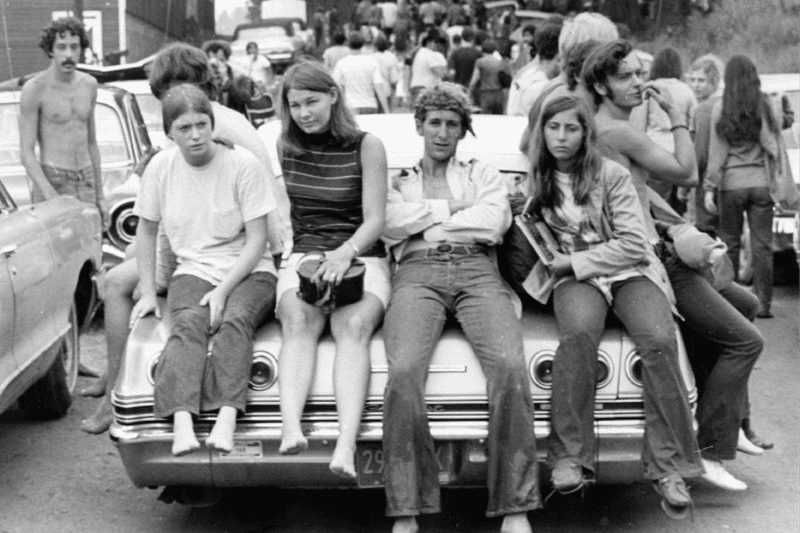
Before the ’60s, people used clinical terms like ‘pimple’ or ‘blemish,’ but the blunt, onomatopoeic ‘zit’ perfectly captured teenage skin woes. The term’s popularity exploded during the baby boomer teen years and has remained the go-to term for facial eruptions ever since.
The word’s staying power comes from its perfect sound symbolism – short, direct, and slightly explosive, just like the thing it describes. Boomers passed this term directly to their children and grandchildren. While many slang terms reflected philosophical ideals or cultural movements, ‘zit’ simply solved a linguistic problem with perfect efficiency. Sometimes the most enduring slang addresses life’s most universal experiences.
17. Dude
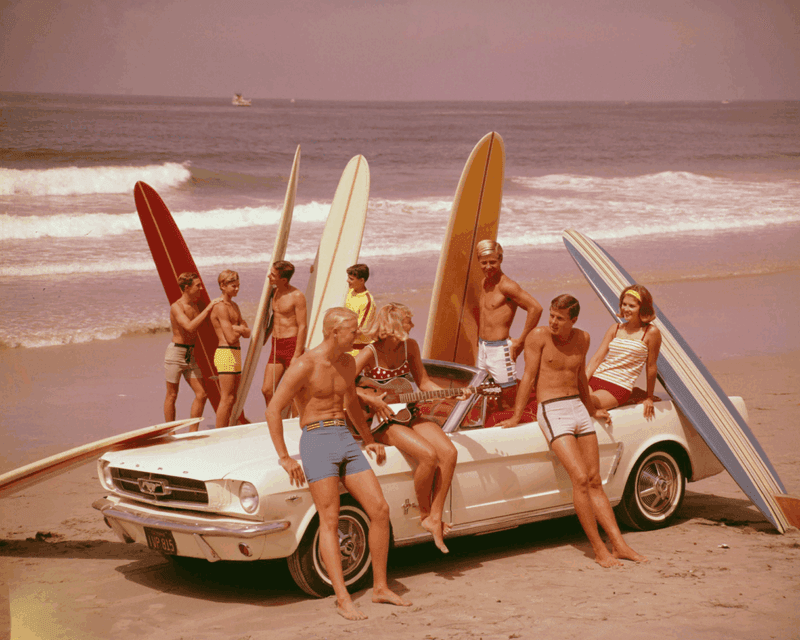
‘Dude’ began as a term for a stylish man in the 1800s, but the ’60s transformed it into the all-purpose form of address we know today. Surfer and hippie cultures embraced the word, stripping it of its formal connotations and turning it into a casual greeting for just about anyone. Perhaps no ’60s slang term has had more staying power than ‘dude.’
Boomers still use it regularly, and younger generations have embraced it with equal enthusiasm. The term’s gender associations have relaxed over time, with many now using ‘dude’ regardless of who they’re addressing. Its versatility and casual coolness ensure this simple word will likely outlive many other slang terms from the era.

Comments
Loading…